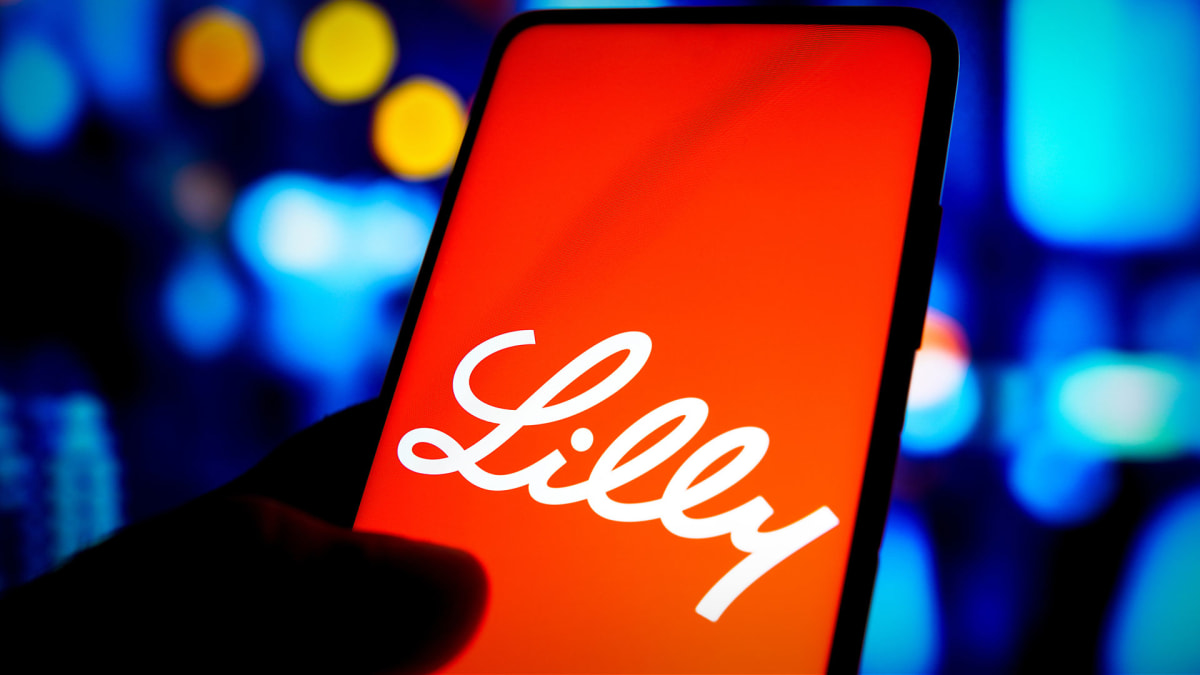
Eli Lilly & Co. (LLY) posted stronger-than-expected fourth quarter earnings Thursday, while lifting its full-year profit forecast, as sales of its blockbuster diabetes treatment, Trulicity, continued to power its top and bottom line.
Eli Lilly said adjusted profits for the three months ending in December were pegged at $2.09 per share, a 16.1% decline from the same period last year but firmly ahead of the Street consensus forecast of $1.78. Group revenues, Eli Lilly said, fell 8.75% from last year to $7.3 billion, narrowly missing analysts' forecasts of a $7.33 billion tally.
Trulicity saw sales rose 3% from last year -- and 4.6% from the prior quarter -- to $1.936 billion while Taltz, its severe plaque psoriasis drug, saw sales rise 9% to $707.8 million. Eli Lilly's new Mounjaro drug, which targets obesity, produced sales of $279.2 million.
Looking into current financial year, Eli Lilly said non-GAAP earnings would likely rise to between to between $8.35 and $8.55 per share, up from its prior forecast of $8.10 to $8.30 per share, with revenues in the region of $30.3 billion to $30.8 billion.
"2023 is an inflection point for Lilly - a chance to expand our impact on patients and growth potential as an R&D-driven biopharma company," said CEO David Ricks. "Over the course of this critical year, we hope to launch as many as four new medicines for challenging diseases, while advancing our next generation of molecules currently in Phase 3."
Eli Lilly shares were marked6.6% lower in early Thursday afternoon trading following the earnings release to change hands at $319.51 each, erasing all of the stock's six-month gains.
Last month, the U.S. Food & Drug Administration denied Eli Lilly's request for an accelerated review of its developing Alzheimer's treatment, citing concern over "the limited number of patients with at least 12 months of drug exposure data provided in the submission."
Eli Lilly, which says it will publish Phase 3 trial data of the drug, known as donanemab, later this year, said the speed at which donanemab reduced amyloid plaque -- proteins found in spaces between nerve cells that can disrupt communication to the brain -- meant that some patients left the study after six months, reducing its overall same size.
"We have consistently stated that we would expect very limited uptake before (The Centers for Medicare & Medicaid Services) supports coverage," Ricks told investors on a conference call Thursday. "At the time we submitted for accelerated approval, we had hoped that there would be more movement from CMS to provide access to these medicines for people with Alzheimer's disease."
"Unfortunately, this has not yet materialized. We maintain conviction that given the impact of this devastating disease and significant unmet need, positive confirmatory data and FDA traditional approval should be sufficient to support global reimbursement and patient access necessary for broad use of donanemab over time," he added.







